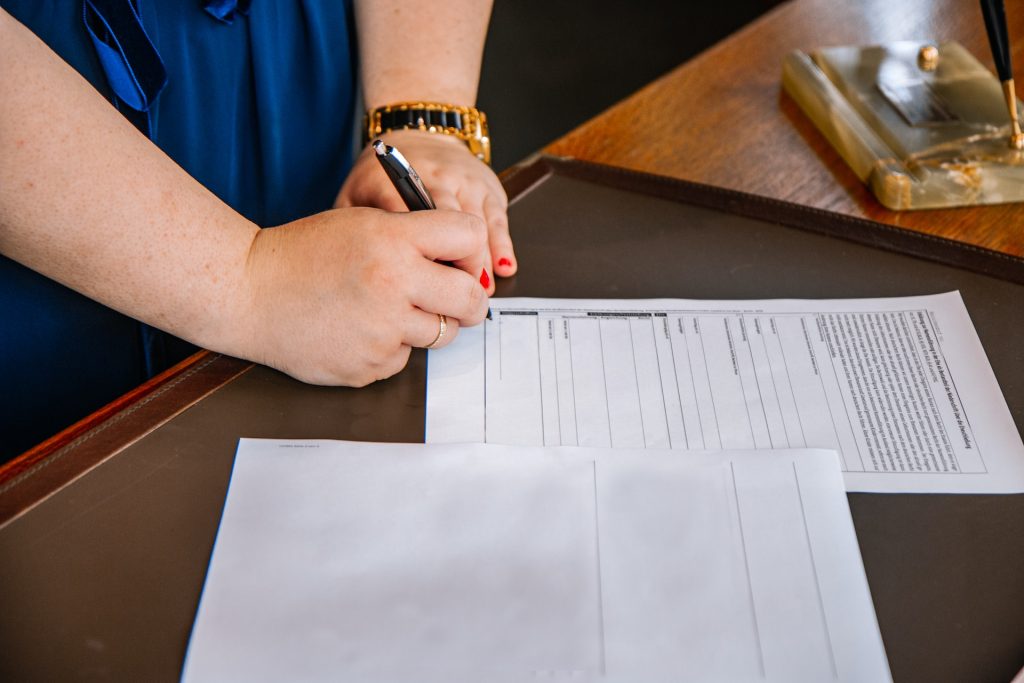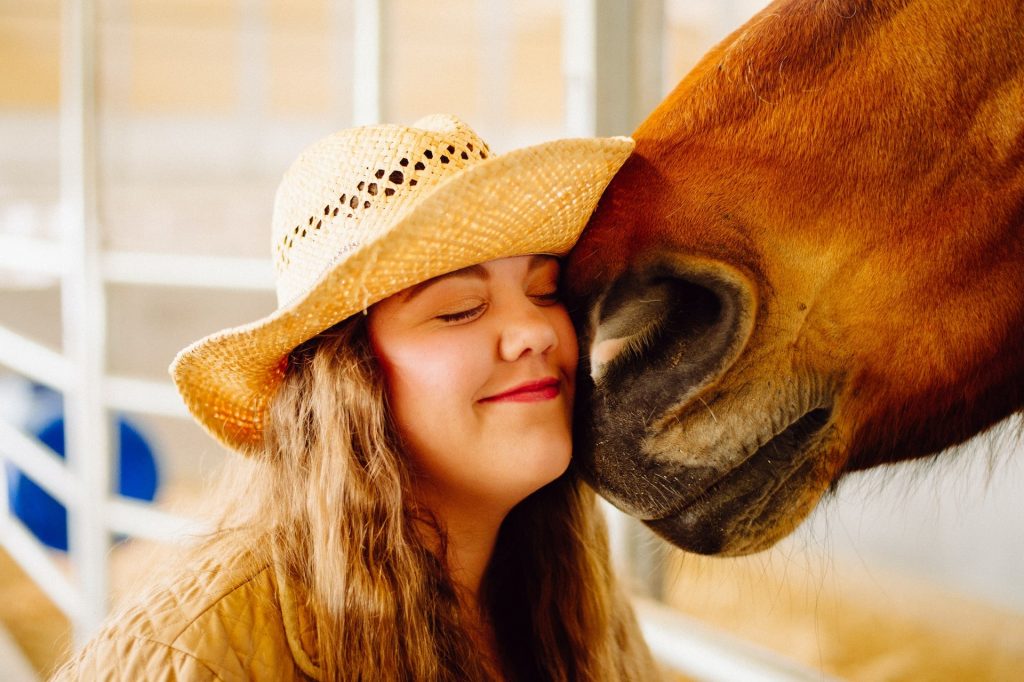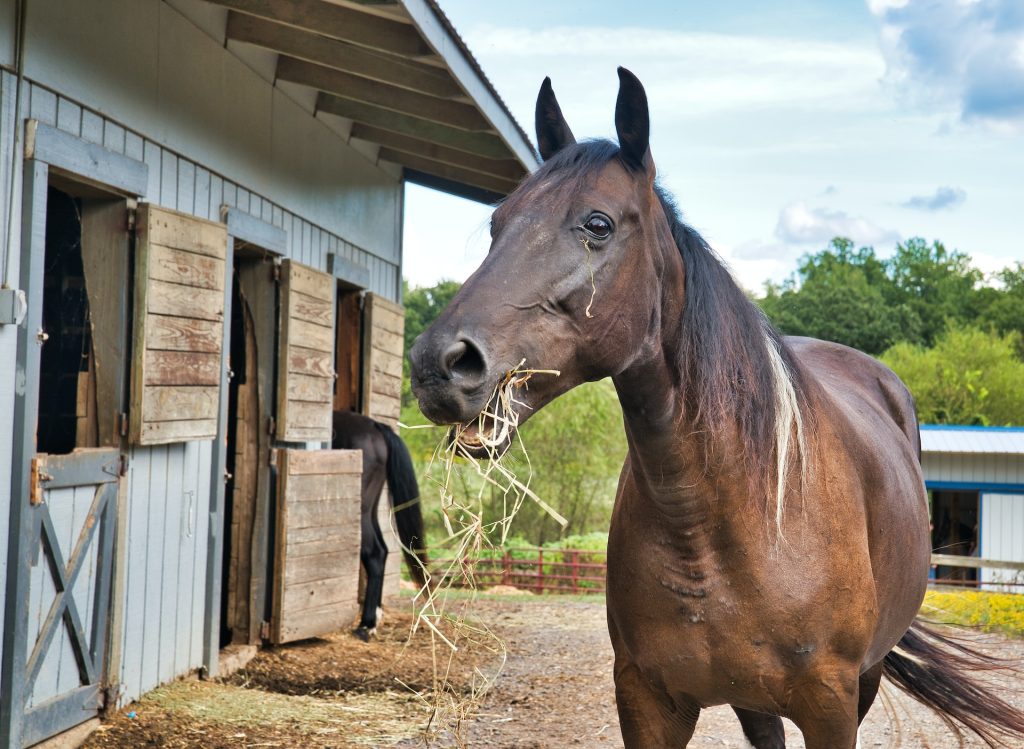In the past, I have found myself asking about the pros and cons of leasing vs owning a horse. I have personally experienced both options, and I can admit that on one occasion, I made the wrong choice of purchasing the horse of my dreams, even though leasing would have been a better option. After moving from Italy to Dubai just six months after purchasing the horse, I found myself struggling to sell him from a distance, as the option of flying him to Dubai was too expensive. This experience motivated me to create this article to help other equestrians choose the best option based on their personal and financial situation.
Leasing vs owning a horse. What brought you here?
If you have landed on this page, it may be for several reasons. Perhaps you are looking for a horse and have found the perfect one that can help you reach the next level, but the owner is not willing to sell and instead offers you a lease. Or maybe you are the owner of a horse who is facing a difficult time at work and doesn’t have the time to ride or provide the extra care that your horse needs. In such situations, leasing your own horse to someone or opting for a lease instead of owning one may be the best option.
Opting for a lease instead of owning a horse is an option chosen by those who are not ready for a lifelong commitment. Despite any resistance we may have towards admitting that we are not “ready” for something, it is important to remember that owning a horse is an option that should be considered very carefully. It requires a significant amount of effort in terms of time and money. Purchasing a horse is not advisable for those who are uncertain about certain aspects of their life that could impact their ability to give a horse the best possible life.
By discussing the pros and cons of leasing vs owning a horse, I will do my best to consider the different needs of equestrians. From those looking for a pleasure horse to those rapidly advancing in equestrian competitions who may not be able to afford a top-class horse.
What does leasing a horse mean?
First of all, let’s understand what it means to lease a horse. In some terms, it is very similar to a long-term car rental. Leasing a horse means that you are renting the animal from its owner for a set period of time, typically for a monthly fee. During the lease period, you have the right to use and care for the horse as if it were your own, but you do not own the horse outright. The lease contract will usually outline the terms and conditions of the lease, such as the length of the lease, the monthly payment, the responsibilities of the lessee and the lessor, and any restrictions on the use of the horse.
Co-leasing a horse
Some owners may decide to co-lease the horse with another person. In this case, both parties agree on a set of specific days on which each one can expect to find the horse free for a ride. Usually, this agreement includes a couple of weekdays for each person plus alternate weekends. Weekend days are usually the ones when everybody is free from work, which is why they are commonly preferred to alternate.
The half-lease of a horse is often born from the need of the owner to reduce expenses from maintaining the horse or because, for personal reasons, they are not able to ride or exercise the horse as they would prefer. In some terms, this is an ideal scenario for a horse that requires high maintenance from a physical perspective or for training reasons. Horses that are not handled regularly, especially hot-blooded and warm-blooded ones, can always surprise you with unwanted behavior after long resting periods. A horse that is handled and ridden regularly tends to keep up with good mental and physical memory much better.
Common practices for the half-lease include a 50/50 split of any extra care that is required (such as vet visits or physiotherapy). In every case, all of these dynamics must be clearly listed and defined in a leasing contract signed by both parties. Below in the article, you can find a ready-to-use template for your leasing agreement.
The full lease of a horse
When leasing a horse in full, as a lessee, you are often responsible for the complete care of the horse. That often includes routine maintenance and veterinary care required in case of illness or injury of the horse. Please note that these are just common practices and any exception can be made as long as it is clearly written in the leasing contract. On the positive side, you can enjoy your horse every time you want for the whole length of the contract. This option is better suited for those who want to fully experience how it feels to have a private horse without the long-term commitment that is involved in a formal purchase of one.
In both cases, when half or fully leasing a horse, the lessee is required to notify the owner in case of illness or injury of the horse and ask for formal permission before any treatment is provided by the vet.
The cost of leasing vs owning a horse
When leasing a horse, the lessee is typically required to pay a monthly fee that covers the cost of keeping the horse at an agreed-upon stable. In addition, there may be an extra charge for “enjoying the horse without having full responsibility for him” that reflects the fact that the lessee does not have the same level of financial responsibility as the owner. This is similar to renting an apartment, where the tenant experiences fewer headaches than the owner in the event of problems or malfunctions.
Any additional costs for horse care, such as farrier visits, veterinary expenses, and supplements, must be agreed upon in the contract. As a general practice, these costs are split 50/50 in the case of a half-lease, and almost entirely covered by the lessee in the case of a full lease. However, exceptions can be made if clearly stated in the lease agreement.
Entry fees for competitions, additional tack, and extras such as treats are always paid by the lessee.
The leasing contract

Now, let’s discuss one of the crucial aspects of leasing a horse: the leasing contract. From both the lessee and lessor perspective, a good and comprehensive leasing contract is fundamental to ensure a positive leasing experience. There is no limit to what can be stated in the contract.
A basic contract should include all information about the horse, the lessee and lessor, and the stable in which the horse will be housed for the lease period. Additionally, it is important to agree on payment terms, but most importantly, the use of the horse. When leasing a horse, the owner must be aware of all activities that the lessee will perform. The owner may never agree to lease their horse if they are put at risk or used by anyone other than the lessee. A good leasing contract should clearly state the equestrian disciplines for which the horse will be involved, including any participation in official competitions. Ultimately, the contract should include all aspects of routine care, such as grooming and farrier services to be provided.
If you are unsure where to start with your leasing contract, I have prepared a ready-to-use template that you can download from the link below.
Please note that the horse leasing contract provided is intended as a template and is not a substitute for professional legal advice. This is not a legally binding document, and it is the responsibility of the parties involved to seek legal advice if required. Horseek.ae takes no responsibility for any legal issues that may arise from the use of this template.
Leasing vs owning a horse. When leasing is a better option
You are just getting started
If you’re a beginner who is fully committed to horse riding, leasing a horse may be the best option for you. In the first few months, you will quickly outgrow different horses. Even though you may fall in love with your school horse, it’s best to resist these emotions. Leasing a horse until your riding skills are stable is a good idea. You might regret getting a senior school horse that has lost all their passion for galloping out in the desert when you’re seeking adrenaline after a few months of riding lessons.
Competitions are expensive
In almost every discipline, including western riding, showjumping, dressage, and endurance racing, riding a good horse is the key to winning. Unfortunately, experienced and well-trained horses come with a higher price tag, which is often equivalent to that of a brand new SUV. In this case, most riders, even the very good ones, prefer to lease a competition horse instead of opening a loan with a bank to buy one.
Not sure about what discipline to focus on
If you’re not sure about what discipline to focus on, leasing a horse is also a good option. Some people are always looking for a new discipline and have tried everything the equestrian world has to offer. A single horse will not allow them to do all they want to do.
When considering leasing vs owning a horse, keep in mind that horses are not machines. You may find a horse that enjoys jumping but is too spooky or hot to be ridden in the desert. If you are that kind of equestrian who is still thrilled to explore different activities, leasing for a short to medium term may be a better option. You will still be able to enjoy quality time with a horse after the ride, without feeling frustrated because the horse is not as versatile as you wish.
Your life is very dynamic and you barely have time to shower
Another aspect to consider is the amount of stability and time available in your life. It’s a sad feeling to travel the world while knowing that your horse is all alone at the stables, waiting for you to come back to go out for a ride. If your work involves frequent travels abroad, and you barely make it in time for dinner during the week because your boss requires you at the office all day long, you may want to consider half-leasing a horse. In this way, you can guarantee that your horse will receive good care and a great amount of exercise even when you’re not there. You will also be less likely to experience a full of energy horse when you show up at the stable after a long work week.
Things to keep in mind when leasing a horse

There are just two things that I want to say about this topic, and it pretty much applies to all equestrians out there. My advice is the same for both: please remember that the horse you are leasing is not your horse.
For the horse lovers, please do not begin the lease with the hope that one day the horse will be yours. This may or may not ever happen, and there is no worse feeling than losing what you believed would be your horse forever. Be honest with the owner and speak up about your true intentions with the horse. If you are hoping for a sale, make it explicit before signing the lease contract. The owner may be willing to sell the horse to you under specific conditions or within a certain amount of time, but if not, you either accept the reality or look for another horse.
For those who are only looking to perform, I recently met a person, whom I do not admire, who has leased or owned more than two horses in one year, one after the other. Why? Apparently, both of those horses got injured, so he got rid of them and moved on to the next. Well, there is a lot to say about this, but I’ll limit myself to the facts related to leasing vs owning a horse. The horse is not yours. Although injuries can occur, you must ensure the horse is treated with respect and not pushed beyond its limits just for the sake of having fun riding. Even though this kind of behavior should always be avoided, especially when leasing a horse, you must remember that you do not have the right to put the horse at risk when it is not necessary.
Things to consider before leasing your own horse to someone
If you’re a horse owner who is considering leasing out your horse, there’s one crucial thing you need to consider: finding the right match between horse and rider is essential.
Find the right match
Every horse and rider is unique. When leasing out your own horse – an animal on which you’ve invested a great deal of time and money – it’s important to entrust the horse to a rider who is a good fit. Horses can easily pick up bad habits that can be difficult to fix, so it’s crucial to ensure that the horse is ridden by someone who is experienced and knowledgeable in their discipline. For example, a horse that has been trained in dressage for years cannot be handled by an endurance rider unless you want to risk damaging the horse’s training. Similarly, an experienced horse that is ridden one-handed cannot be leased to a heavy-handed rider who doesn’t understand how a curb bit works.
When deciding to lease your horse, take the time to interview potential lessees to get to know their riding style and their intentions with the horse. You have the right to choose the best fit for your equine friend. Don’t be afraid to say no to someone who is insisting if you don’t believe they are the right match for your horse.
Check-in regularly on your leased horse
In addition to finding the right rider for your horse, there are a few other things to consider before leasing your own horse to someone.
Firstly, make sure that your horse is in good health and condition before the lease starts. It is also important to have a written lease agreement that clearly outlines the terms of the lease, such as the duration, fees, responsibilities of both parties, and any restrictions on the horse’s use.
You should also consider insurance for your horse. While the lessee may have their own insurance, it is still important to protect your own investment in case of any accidents or injuries that may occur while the horse is in their care.
Lastly, it is a good idea to have regular check-ins with the lessee and your horse during the lease period. This will give you the opportunity to ensure that the horse is being well-cared for and is not being mistreated or overworked.
Overall, leasing your own horse can be a great way to earn some extra income and provide your horse with additional exercise and attention, but it is important to take the time to find the right match and ensure that your horse’s welfare is protected.
When owning is better than leasing

Owning a horse can be a good option if you are willing to commit to the horse’s well-being for a long time. You already know what discipline to focus on and are looking for the horse that can give you the most in that specific activity. You have plenty of free time to spend at the stable and with your horse, and have great financial stability and can afford to pay for extra expenses in case of injuries or illness of the horse.
Owning a horse can be one of the most satisfying feelings for an equestrian. I could never have imagined my life without my horse. On the other hand, it can also be very challenging at times. Dealing with behavior problems, injuries, unfitting tack, extra expenses, and unfruitful training are just normal aspects of horse ownership, not side effects. When committing to a single horse, you must be prepared that not all the rides are easy ones and not all the days are there to be fully enjoyed. You have that only horse now, and you must deal with anything that comes your way. Even if selling your horse is always an option, it is not as easy as closing a leasing contract in advance. Only if you are truly prepared for what owning a horse entails can I advise you to go for it.
If you are still considering purchasing your own horse and stabling it in the UAE, you may want to read this article about how much it costs to own a horse in the UAE.
Leasing vs owning is an important choice to make. Have you already decided? Let us know in the comments!


